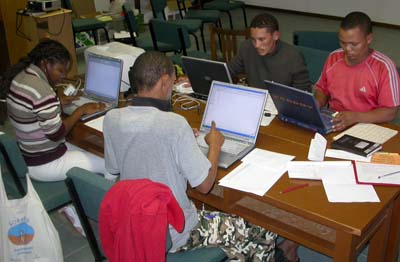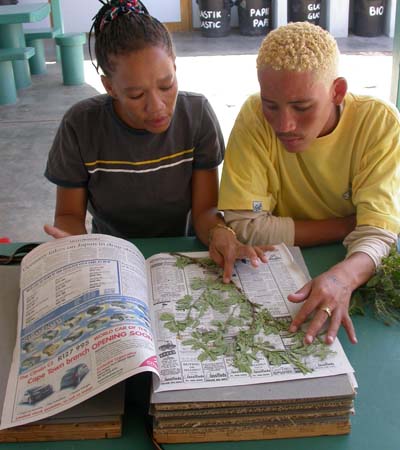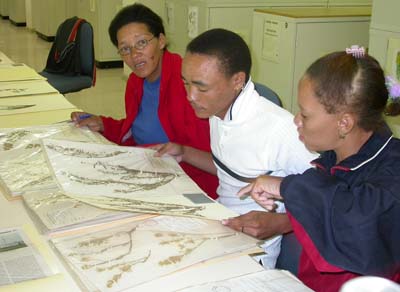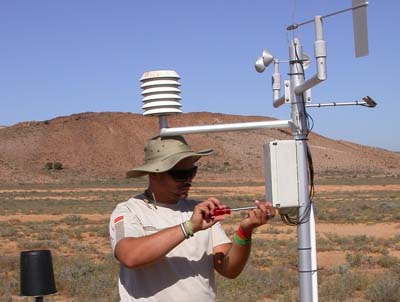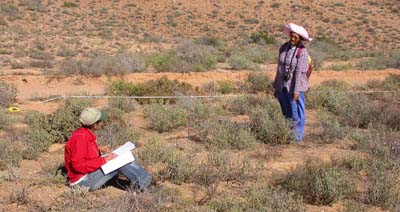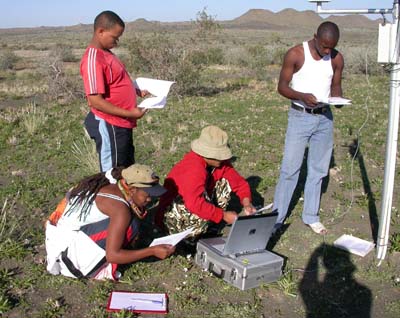Difference between revisions of "Main Page"
Till Krause (talk | contribs) |
Till Krause (talk | contribs) (→Home) |
||
| Line 11: | Line 11: | ||
|- | |- | ||
| | | | ||
| − | '''For the website, we stick to the term para-ecologist. With | + | '''For the website, we stick to the term para-ecologist. With t<span style="color:#ff0000"></span>his term, we explicitly also refer to <u>para-taxonomists, biodiversity facilitators and other terms</u> that have created in this context.''' |
|} | |} | ||
Revision as of 10:26, 16 March 2012
Home
| This website started in March 2012. Please excuse if many pages are still empty. Content will be added nearly every day from now on.
The website is a platform for para-ecologists worldwide as well as for projects, organisations or individuals that are involved in the capacity development of para-ecologists. The platform aims to facilitate the networking and sharing of information within the para-ecologist community but also inform the public about the concepts, aims and methodology of para-ecologist programmes.
Para-ecologists are members of local communities that do not have academic background but are trained in the field of ecology, taxonomy or socio-ecology, sociology, anthropology or related fields and are employed to actively support research or development activities in their environment. The main objectives of para-ecologist approaches are
|
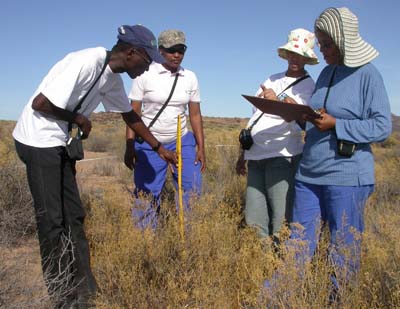
|
